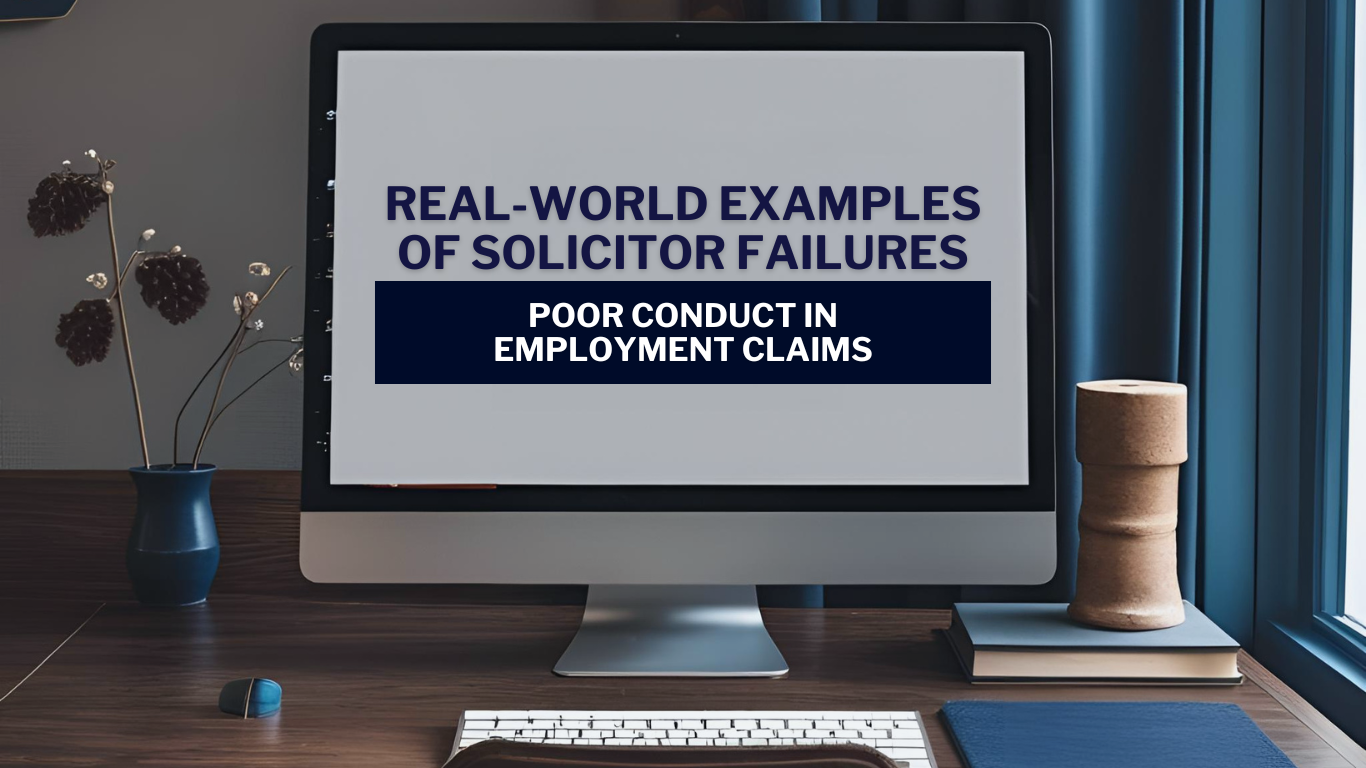By
•
min read


The Concealment Conundrum
At the heart of the matter was the deliberate and strategic concealment of crucial information from Mrs. Potter. In July 2006, she entered into a loan agreement that included a payment protection insurance (PPI) policy. Unbeknownst to her, more than 95% of the £4,000 designated for the PPI policy was quietly siphoned off by the lender as commission. Only a paltry £182.50 made its way to the insurer. This concealed commission structure became the focus in the subsequent legal battle.
Mrs Potter commenced proceedings in December 2018, claiming the undisclosed commission. The lender defended on the ground that the case was time-barred in 2016 six years after the credit relationship ended. Mrs Potter claimed the lender had deliberately concealed the commission and so time was postponed by virtue of section 32 of the 1980 Act.
Limitation Act 1980 and Section 32(1)(b)
The focal point of the dispute was the application of Section 32(1)(b) of the Limitation Act 1980. This statutory provision addresses situations where a claimant's discovery of a cause of action is obstructed by deliberate concealment by the defendant. In the context of Mrs Potter's case, the intentional concealment pertained to the excessive commissions buried within the layers of the PPI policy. The pivotal question for the Supreme Court was whether Section 32(1)(b) could be invoked to extend the limitation period in light of this concealed misconduct.
Supreme Court's Decision
In a decisive ruling delivered by Lord Reed, the Supreme Court held that deliberate concealment means intentionally (not recklessly) to trigger the application of Section 32(1)(b). The court acknowledged the inherent injustice in the situation, where a defendant intentionally and cynically hides information from a defendant it needs in order to bring a claim. As Lord Reed stated the concept of deliberate concealment ‘strikes a balance between the interests of the claimant and the defendant, as Parliament intended. If the defendant has concealed a fact from the claimant, and has done so deliberately, that is to say knowingly, then he has the means to start the limitation period running by disclosing the fact. If he does not do so, but chooses to keep the claimant in ignorance of a fact which she requires to know in order to plead her claim, then it is just that the defendant should be deprived of a limitation defence’
Crucially, the court underscored Mrs. Potter's lack of reason to suspect the concealed commission when entering into the loan agreement. The intentional concealment effectively deprived her of the ability to discover the cause of action. In light of these circumstances, the court exercised its discretion under Section 32(1)(b) to postpone the commencement of the limitation period until Mrs. Potter became aware, or could have become aware with reasonable diligence, of the concealed commissions.
Implications for Professional Negligence
The Canada Square Operations Ltd v Potter [2023] UKSC 41 decision carries significant implications for cases involving professional negligence claims where often the negligence is not discovered for many years. It sets a precedent emphasising the courts' commitment to addressing intentional concealment that obstructs a claimant's ability to discern improper, illegal, or negligent professional behaviour.
If you would like advice or any more information regarding this, please contact us below.
Get in Touch